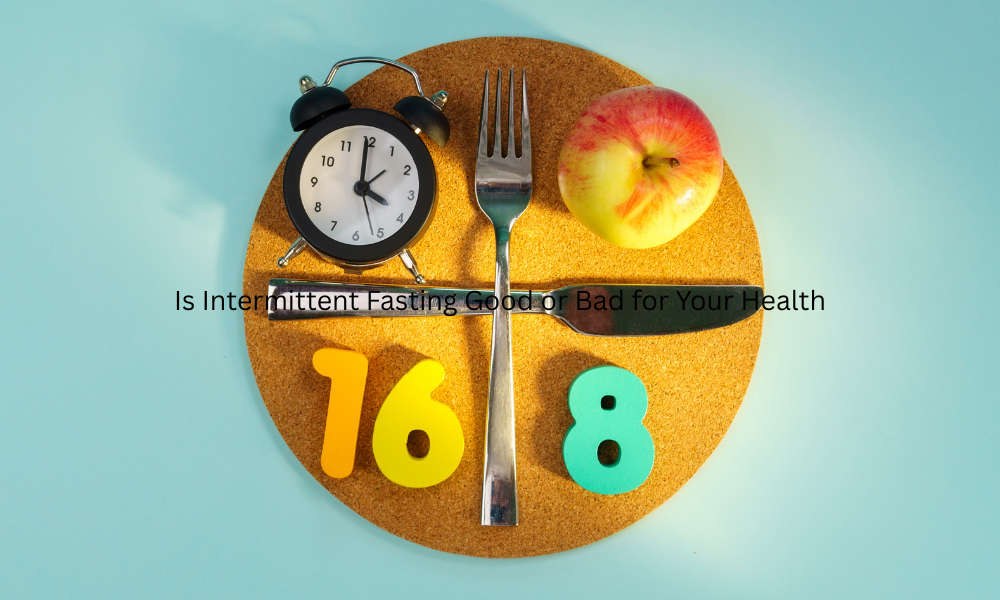Gut Health 101: What to Eat and What to Avoid
In recent years, gut health has moved from being a niche topic to the forefront of health and wellness discussions. And for good reason: your gut is more than just a digestion center — it’s the foundation of your overall well-being. A healthy gut contributes to a stronger immune system, improved mood, better sleep, and effective digestion. But what exactly should you eat — and avoid — to maintain or restore gut health?
Let’s break it down.
Understanding the Gut Microbiome

Your digestive tract is home to trillions of microorganisms — bacteria, fungi, viruses, and other microbes — collectively known as the gut microbiome. These microorganisms help break down food, produce vital nutrients, regulate your immune system, and even influence your mental health through the gut-brain connection.
An imbalance in this microbiome — too many harmful bacteria and not enough beneficial ones — can lead to digestive issues, inflammation, and chronic diseases. This imbalance is known as dysbiosis.
Signs of an Unhealthy Gut
Before diving into the foods to eat or avoid, it’s important to recognize signs your gut might be struggling:
- Bloating and excessive gas
- Constipation or diarrhea
- Food intolerances
- Fatigue or poor concentration
- Frequent infections or colds
- Skin issues like acne or eczema
If any of these symptoms sound familiar, it might be time to take a closer look at your diet.
What to Eat for a Healthy Gut
- Fiber-Rich Foods
Dietary fiber is essential for a healthy digestive tract. It feeds the good bacteria in your gut and helps them thrive.
Best sources:
- Whole grains (oats, quinoa, brown rice)
- Vegetables (broccoli, carrots, spinach)
- Fruits (apples, berries, bananas)
- Legumes (lentils, beans, chickpeas)
Aim for at least 25–30 grams of fiber per day.
If you can’t consistently include fermented foods in your diet, consider a high-quality probiotic supplement like this
- Fermented Foods
Fermented foods naturally contain probiotics — beneficial bacteria that help restore balance in the gut microbiome.
Top fermented choices:
- Yogurt with live cultures
- Kefir (a fermented milk drink)
- Sauerkraut (fermented cabbage)
- Kimchi (spicy Korean fermented vegetables)
- Miso and tempeh (fermented soy products)
- Kombucha (fermented tea)
Include these in your diet several times a week for best results.

- Prebiotic Foods
Prebiotics are types of fiber that act as food for your gut bacteria, especially probiotics. They help stimulate growth and activity of beneficial microbes.
Rich sources of prebiotics:
- Garlic
- Onions
- Leeks
- Asparagus
- Bananas (especially slightly green ones)
- Chicory root
Combining prebiotics and probiotics in your diet is often referred to as synbiotic nutrition — a powerful gut-healing strategy.
Need an easy way to add more prebiotics to your day? Try this organic prebiotic fiber supplement.
- Polyphenol-Rich Foods
Polyphenols are plant compounds with antioxidant properties that promote the growth of healthy gut bacteria.
Good options include:
- Berries
- Green tea
- Dark chocolate (70% or higher)
- Olive oil
- Red grapes and wine (in moderation)
These foods can help reduce inflammation and support gut lining integrity.
For convenience, you can get the benefits of bone broth in powdered form like this — perfect for smoothies or soups
- Bone Broth
Bone broth is rich in collagen and glutamine — nutrients that help repair the gut lining and reduce inflammation. It’s especially helpful for people with leaky gut syndrome, a condition where the gut lining becomes too permeable.
- Hydration
Water is vital for digestion and nutrient absorption. Drinking enough water helps move fiber through your system efficiently, preventing constipation and keeping the intestinal environment balanced.

What to Avoid for Gut Health
- Added Sugars and Artificial Sweeteners
Sugar feeds harmful bacteria and yeast in your gut, leading to an imbalance. Artificial sweeteners like aspartame and sucralose may also negatively impact the gut microbiome by reducing beneficial bacteria.
Watch out for hidden sugars in:
- Flavored yogurts
- Sauces and dressings
- Breakfast cereals
- Processed snacks
Instead, sweeten naturally with fruits or small amounts of honey or maple syrup.
- Highly Processed Foods
Ultra-processed foods often contain artificial additives, preservatives, and emulsifiers that can disrupt gut health and increase inflammation.
Avoid or limit:
- Packaged chips and snacks
- Ready-to-eat frozen meals
- Fast food
- Instant noodles and soups
Choose whole, unprocessed foods as often as possible.
- Excessive Alcohol
Regular or heavy alcohol consumption can damage the gut lining, increase permeability, and kill off beneficial bacteria. Occasional moderate alcohol (like red wine in small amounts) may have some benefits, but overconsumption is harmful to gut health.
- Dairy and Gluten (for Some Individuals)
While dairy and gluten aren’t inherently bad, some people may be sensitive or intolerant to them, leading to inflammation or digestive discomfort.
Common signs include:
- Bloating after meals
- Fatigue
- Acne or skin issues
- Joint pain
If you suspect a sensitivity, consider an elimination diet or speak with a healthcare provider.
- Antibiotics (Overuse)
While antibiotics are sometimes necessary, they wipe out both good and bad bacteria. Overuse can cause lasting gut imbalances.
Tip: Always follow up a course of antibiotics with probiotic-rich foods or supplements to restore your microbiome.
Lifestyle Tips to Support Gut Health
In addition to your diet, these lifestyle habits play a role in gut wellness:
- Exercise regularly:Physical activity supports microbial diversity and gut motility.
- Manage stress:Chronic stress affects digestion and gut bacteria. Practice yoga, meditation, or deep breathing.
- Get enough sleep:Poor sleep disrupts microbial balance. Aim for 7–9 hours per night.
- Avoid unnecessary medications:NSAIDs, antacids, and laxatives can negatively affect gut health if overused.
Your gut is a complex and powerful system — treat it with care, and it will reward you with improved immunity, mood, digestion, and energy. The foundation of gut health lies in what you put on your plate every day. Focus on fiber, fermented foods, and natural ingredients while cutting back on sugar, processed foods, and harmful additives.







